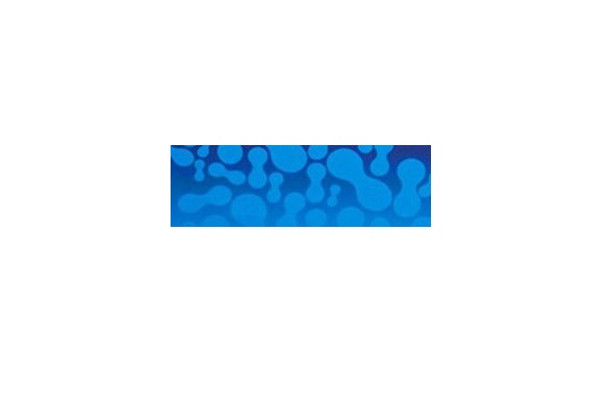Description
Recombinant Human IGFBP-4/IGFBP4 Protein (His Tag) | PKSH032597 | Gentaur US, UK & Europe Disrtribition
Synonyms: Insulin-Like Growth Factor-Binding Protein 4; IBP-4; IGF-Binding Protein 4; IGFBP-4; IGFBP4; IBP4
Active Protein: N/A
Activity: Recombinant Human Insulin-Like Growth Factor-Binding Protein 4 is produced by our Mammalian expression system and the target gene encoding Asp22-Glu258 is expressed with a 6His tag at the C-terminus.
Protein Construction: Recombinant Human Insulin-Like Growth Factor-Binding Protein 4 is produced by our Mammalian expression system and the target gene encoding Asp22-Glu258 is expressed with a 6His tag at the C-terminus.
Fusion Tag: C-6His
Species: Human
Expressed Host: Human Cells
Shipping: This product is provided as lyophilized powder which is shipped with ice packs.
Purity: > 95 % as determined by reducing SDS-PAGE.
Endotoxin: < 1.0 EU per µg as determined by the LAL method.
Stability and Storage: Generally, lyophilized proteins are stable for up to 12 months when stored at -20 to -80℃. Reconstituted protein solution can be stored at 4-8℃ for 2-7 days. Aliquots of reconstituted samples are stable at < -20℃ for 3 months.
Molecular Mass: 27.0 kDa
Formulation: Lyophilized from a 0.2 μm filtered solution of 20mM PB, 150mM NaCl, pH 7.2.
Reconstitution: Please refer to the printed manual for detailed information.
Background: Insulin-like growth factor binding protein 4 (IGFBP-4) is a 24 kDa protein that binds insulin-like growth factor 1 (IGF-1) and IGF-2 with high affinity and inhibits IGF action in vitro. All members of the IGFBP family can bind IGF-I and IGF-II with about equal affinity, but IGFBP-4 binds IGF2 more than IGF1. It contains IGFBP N-terminal domain and thyroglobulin type-1 domain. IGFBP-4 is induced by forskolin and N6, O2’dibutyryl sdenosine 3’, or 5’-cyclic monophosphate. The IGF-binding proteins can prolong the half-life of the IGFs and have been shown to either inhibit or stimulate the growth promoting effects of the IGFs on cell culture. They alter the interaction of IGFs with their cell surface receptors.
Research Area: Signal Transduction, Cardiovascular,






